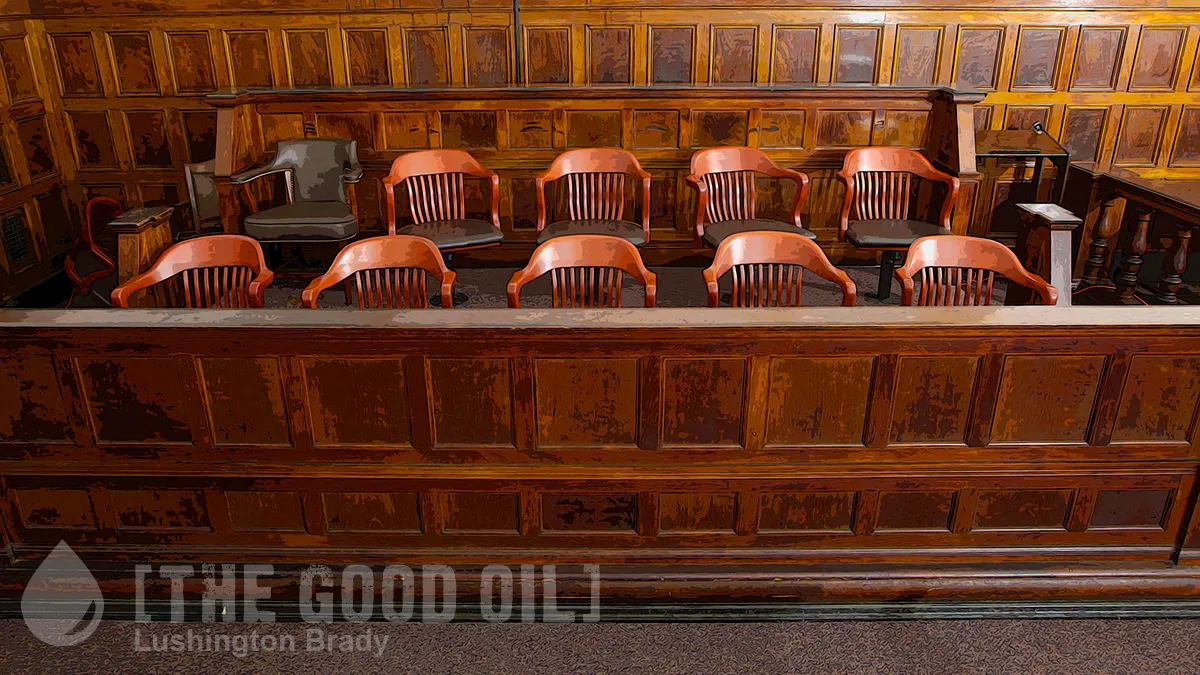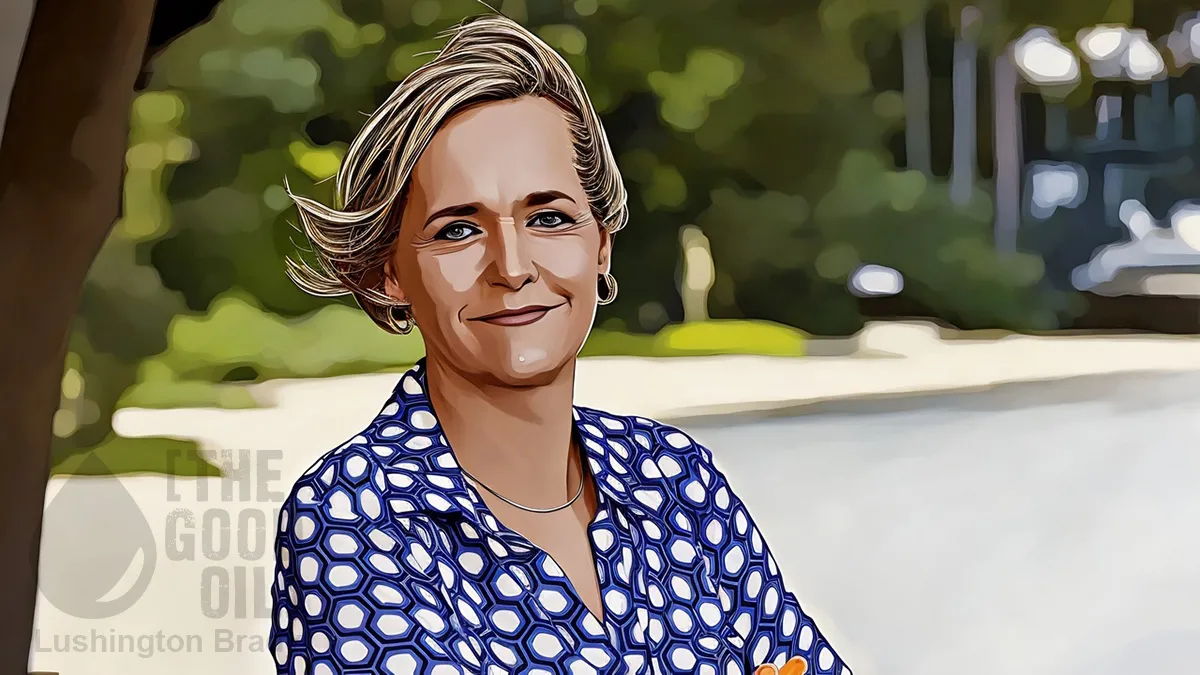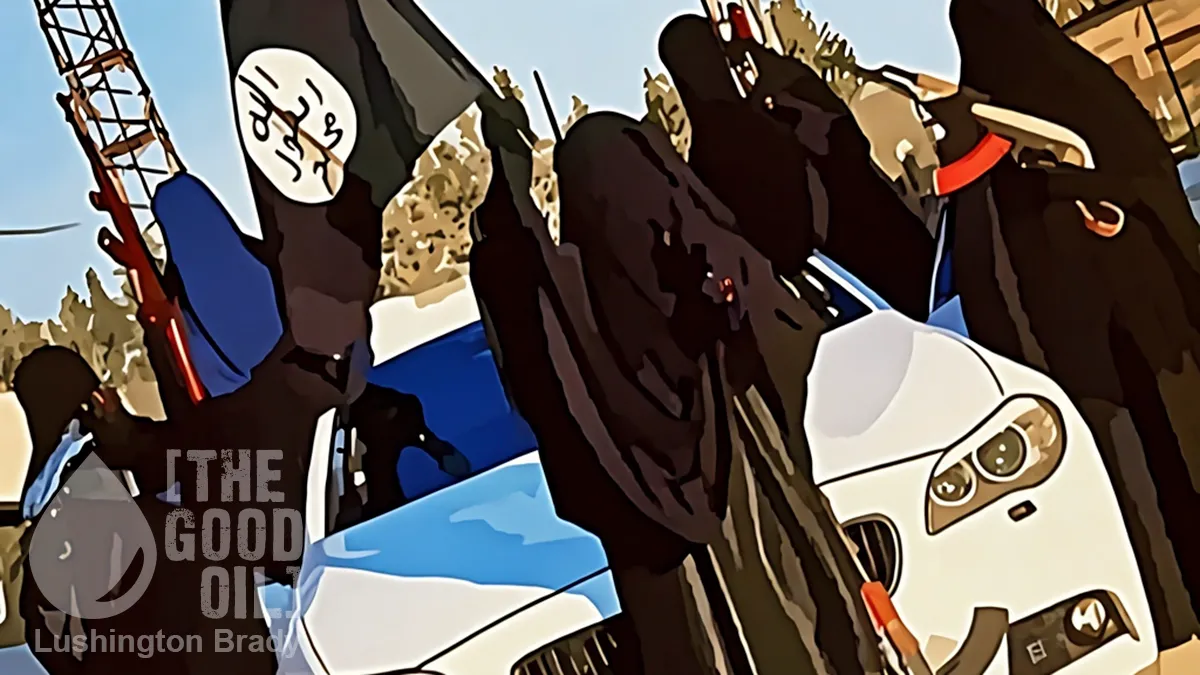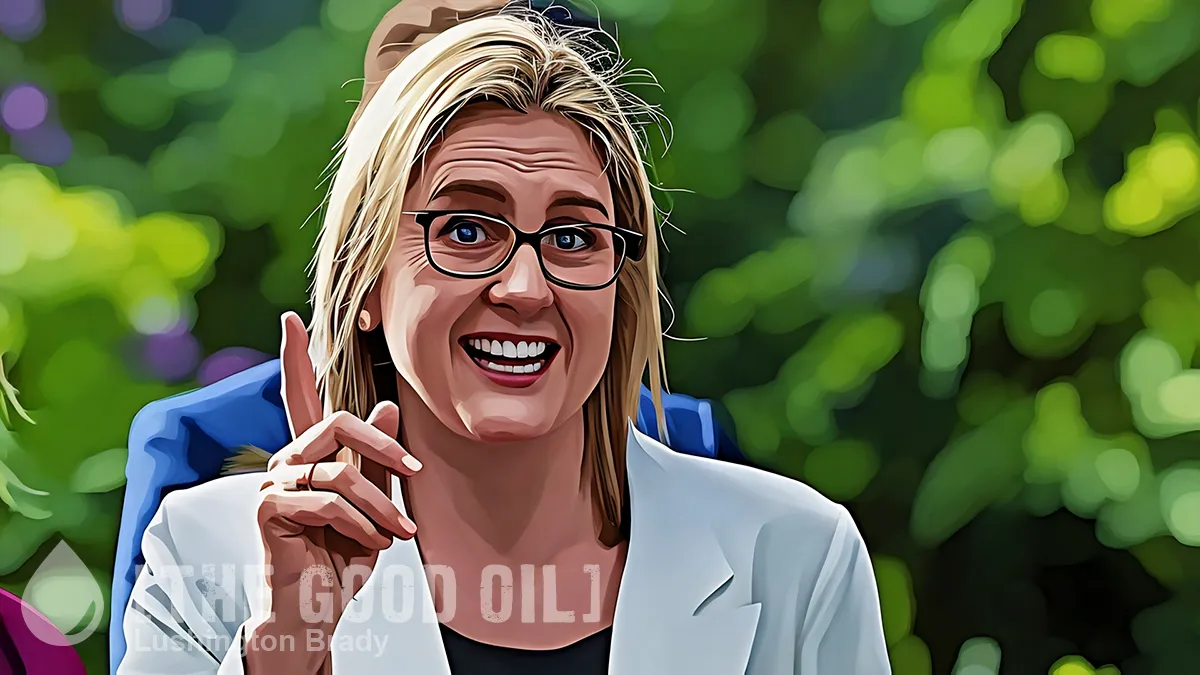Table of Contents
It seems a propensity to believe weird, not to say blatantly racist, things is a requisite for becoming a senior judge, these days. After all, the High Court has essentially ruled in favour of magic in multiple recent judgements that affirmed a ‘spiritual connection’ between Aboriginal Australians that non-Aborigines apparently cannot possess and which trump all normal laws. Thus, simply by virtue of their parentage, people who were not born in Australia and have never taken out Australian citizenship, nonetheless have an inalienable right to live in Australia… ‘cos spiritual connection’.
Magic, in a word. (Note that the same belief in a ‘spiritual connection’ was denied to a White Tasmanian family who refused to pay rates on the grounds that the land belonged to God.)
Now, a former Queensland Supreme Court judge appears to believe that White Australians are so indelibly racist that they cannot grant a fair trial to Aboriginal suspects.
The comments follow an announcement from the country’s peak judicial body that it will further investigate how to increase Aboriginal representation on juries, including whether Indigenous defendants should have the right to be heard by a mixed jury of half First Nations people.
Cool – so, should I ever fall foul of the law, can I demand a jury of half White, Anglo-Saxon, GenX, Christian males?
Try making that one fly.
Former Queensland Supreme Court judge Roslyn Atkinson, in delivering the 2024 Selden Society lecture late last month, said the under representation of Aboriginal people on juries “remains a continuing problem, just as the under representation of women was”.
“If juries are meant to be members of the community who are peers of the defendant, then it is critical that First Nations people are also fairly represented on juries,” she said.
This raises the question, then, of just what kind of peers of their community any defendant can demand. Could the rich accused demand only jurors whose incomes are in the top quintile? Can Chinese migrants demand only jurors from the local Chinese diaspora community?
It also raises the question of just what the judge thinks of White people. Does she think all White people are so racist that they cannot possibly deliver a fair verdict?
She drew on her experiences presiding over trials of Indigenous defendants in Queensland at which none of their cultural peers was present on the jury.
“I note, for example, when I heard the trial of an Aboriginal man accused of murdering his partner at Arrokoon, that the jury panel in Cairns did not include even one First Nations person, even though a knowledge of the culture, relationships and methods of communicating in that community was essential to understanding the background to the events that occurred and the way in which the witnesses gave their evidence,” she said.
Were the facts of the case any different, simply because the defendant was Aboriginal? Is she somehow trying to imply that murder is not ‘really’ murder, if an Aborigine does it?
The report was commissioned following the trial of senior constable Zachary Rolfe who was found not guilty of murdering Kumanjayi Walker by a jury of white Australians.
Because, of course that couldn’t be because Walker, unprovoked, attacked an armed constable with deadly weapons.
Eminent land rights barrister Tony McAvoy SC [said…] “For my own part, there can be no justification that permits a First Nations person in the Northern Territory to be tried before an all-white jury. First Nations people make up approximately one-third of the Northern Territory population.”
Perhaps he might be better served asking just why so many Aboriginal people are clearly not on the electoral roll, from which jurors are randomly drawn? Or why so many are ineligible for jury service due to criminal records?
These furrow-browed credentialled idiots might also want to consider an even more radical proposition: if you choose not to break the law, you’re highly unlikely to end up in front of a jury of any colour.
Just imagine that.









